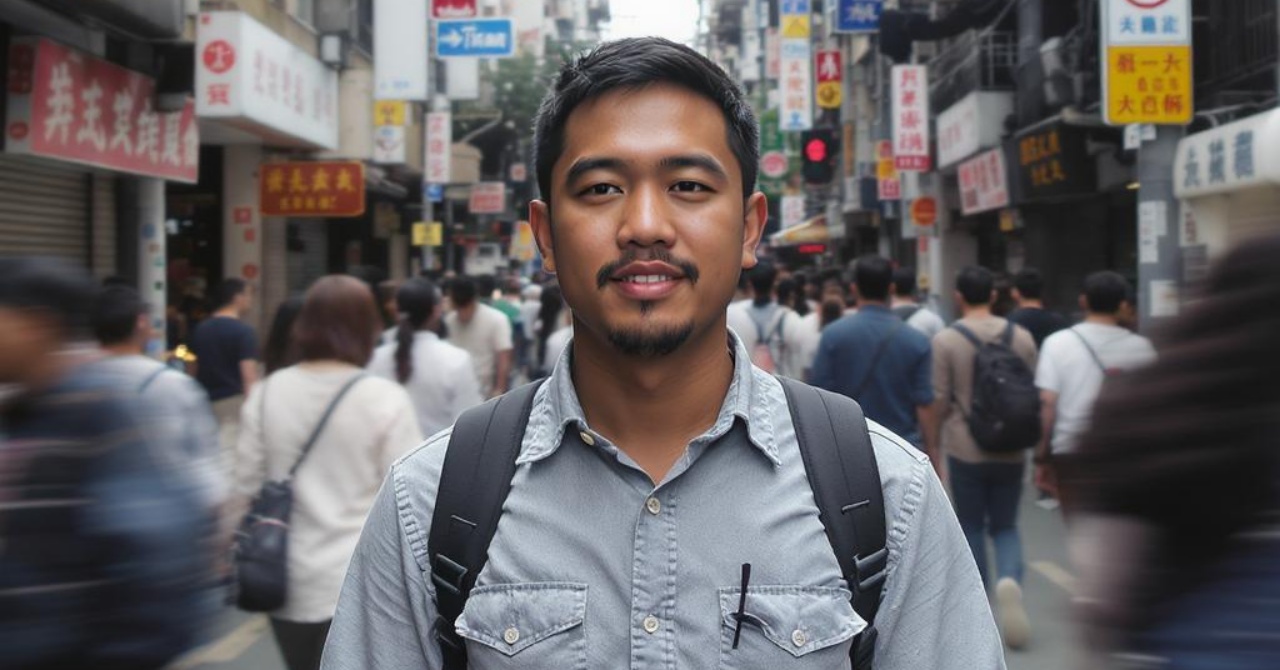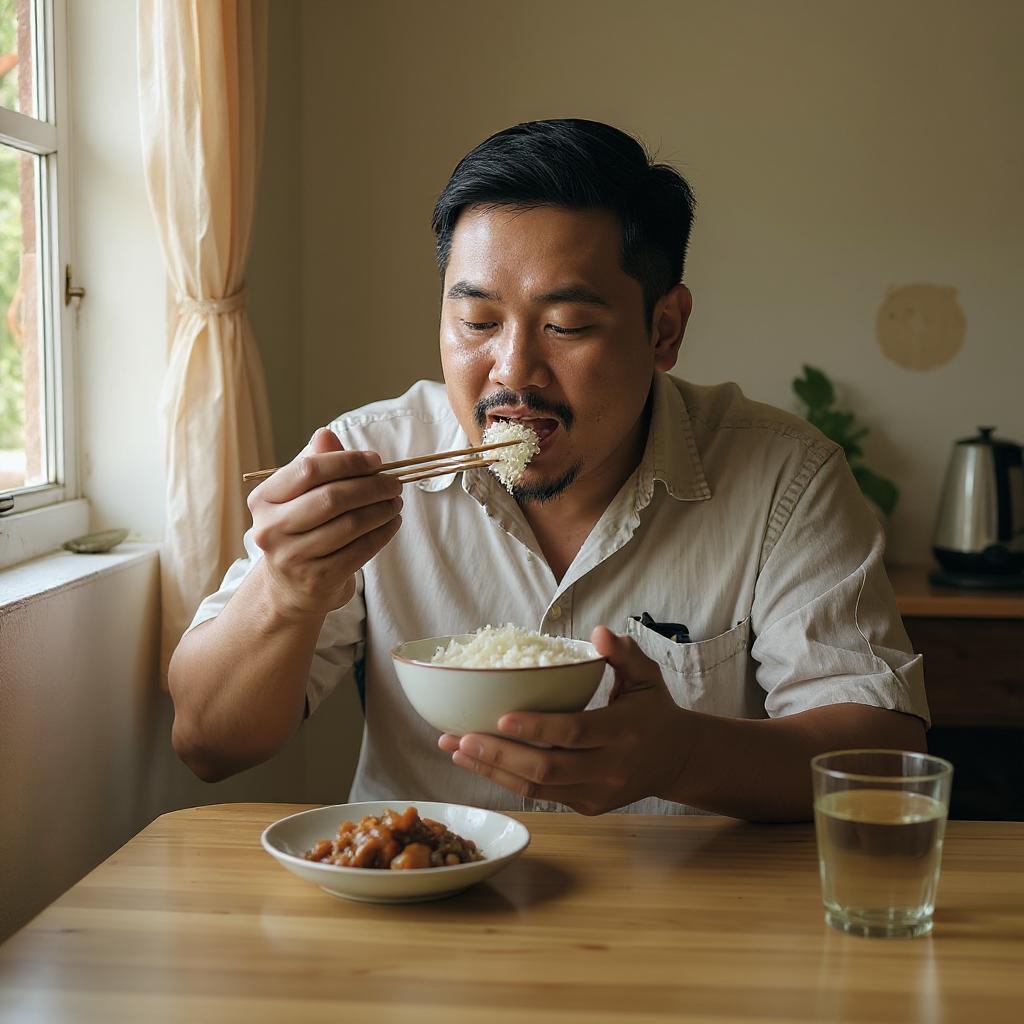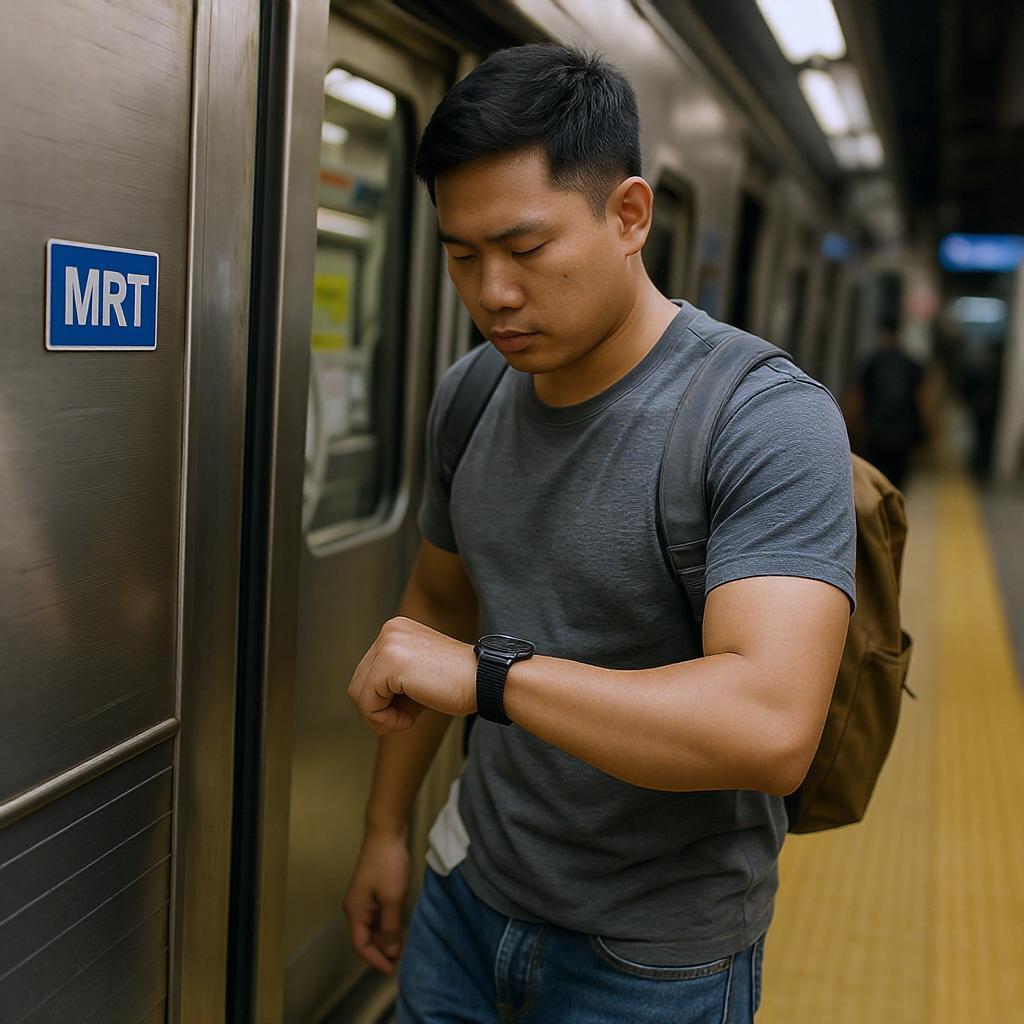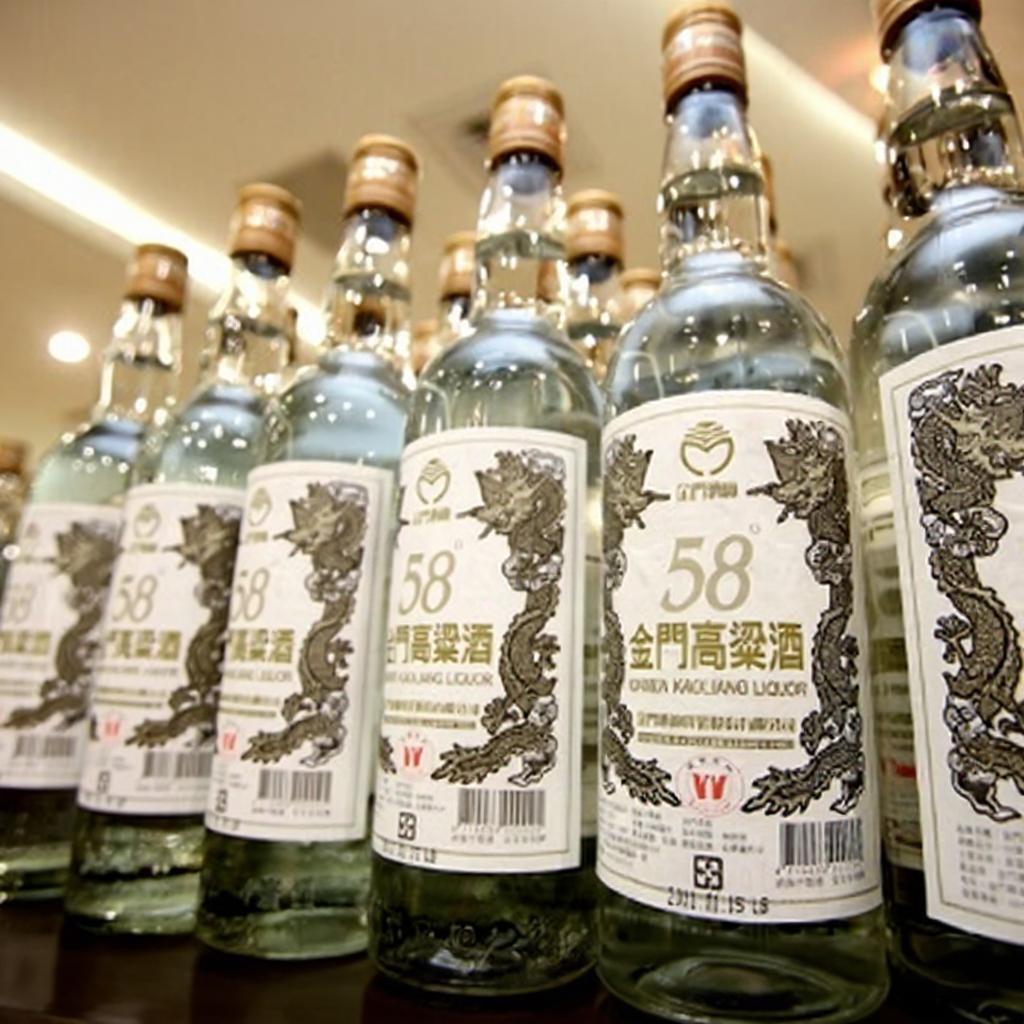Living in Taiwan may feel familiar at first—friendly faces, vibrant street food, and strong family values—but day-to-day life here runs on a different rhythm. If you want to avoid unnecessary stress or unintentionally offending anyone, it pays to know how things work.
From dining etiquette to work habits and public transport behavior, here are the most important do’s and don’ts I’ve picked up as an OFW in Taiwan.

Cultural Do’s: Fit In With Confidence
Greet with respect
A slight bow or nod goes a long way. Say “nǐ hǎo” (你好) and don’t forget to use titles like 老師 (teacher) or 經理 (manager) when speaking to someone senior—it shows humility and courtesy.
Follow the two-hand rule
When giving or receiving gifts, red envelopes, or even business cards, always use both hands. It’s not just polite—it’s expected.
Chopstick etiquette matters
- Use the serving chopsticks (“公筷”) when taking food from shared dishes.
- Don’t stab food with chopsticks or wave them around like magic wands.
- Never stick them upright in rice—that’s a funeral symbol.
Dining basics
- Hold your rice bowl close to your mouth when eating.
- It’s okay to slurp noodles—it means you’re enjoying them!
- Wait until the eldest person at the table starts eating before you dig in.

Remove your shoes
Whether it’s someone’s home, a temple, or certain workspaces, always check for a shoe rack. No shoes indoors is a sign of respect.
Keep your voice down in public
On the MRT or buses, calls are frowned upon. Messaging is fine—just keep your volume low.
Line up and follow order
You’ll see people queuing properly at stations, elevators, or even food stalls. Respect the line. Don’t cut in.
Escalator courtesy
Stand to the right so others can pass on the left. It’s one of those small things that makes a big difference.
Cultural Don’ts: Avoid Unintentional Offense
- Never stick chopsticks vertically in a bowl of rice—it mimics incense for the dead.
- Don’t drum, point, or gesture with chopsticks—this is considered childish or rude.
- Avoid shouting, arguing, or raising your voice in public—Taiwanese culture favors harmony.
- Don’t open a gift immediately in front of the giver. Politely decline once before accepting and open it later.
- Skip the politics, especially when it comes to Taiwan–China relations. It’s best to keep conversations light.
Workplace Do’s

Know your contract
Always read every line—from working hours to break times and overtime rates. Ask questions before signing.
Punctuality is non-negotiable
Clock in and out on time. Even being five minutes late regularly can affect your reputation.
Build a paper trail
When requesting approvals or schedule changes, loop in your supervisor via email or LINE. It builds trust and protects you, too.
Speak some Mandarin at work
Learning words like 請示 (please advise), 辦好了 (it’s done), and 抱歉 (sorry) helps a lot. Locals appreciate your effort.
Use formal titles
Call your boss 王經理 (Manager Wang), or 陳主任 (Supervisor Chen). Even coworkers may expect respectful address.
Be helpful when free
Don’t wait to be asked—offering help shows humility and teamwork, which are highly valued.
Say yes to work gatherings
Work banquets and team events are important bonding moments. Always RSVP and show up if you say yes.
Workplace Don’ts: Keep It Professional

- Never criticize your boss in public—or in group chats. Even private complaints can spread.
- Don’t skip safety rules or rush tasks. Safety is strictly monitored.
- Avoid gossiping about coworkers, salary, or company issues. It reflects poorly on you.
- Don’t overdrink at company dinners. Two to three cups of rice wine is enough—more is risky.
Public Transport & Legal Do’s: Stay on the Right Side of the Rules
Always carry your IDs
Your ARC, passport, and work permit should be on you, especially during random police checks.
Master the EasyCard
Tap in and tap out correctly. Forgetting either step can cause extra charges—or confusion at exits.
Follow traffic laws
Use crosswalks, obey pedestrian lights. Jaywalking can cost you NT$300 or more.
Dispose of trash properly
Don’t litter. Bins aren’t always visible, so hold your trash until you find one. Fines can reach NT$1,500.
Use helmets and seatbelts
No helmet on a scooter? That’s an automatic fine. Same for seatbelts in cars.
Pay your taxes on time
File by May 31 every year. Your employer should provide tax deduction info—don’t wait till the last minute.
Enroll in NHI
Once your ARC is approved, register for National Health Insurance within 30 days.
Public Transport & Legal Don’ts: Avoid Penalties
- Don’t eat, drink, or smoke inside MRT trains or even bus shelters.
- Never block the door when boarding or exiting.
- Do not overstay your visa—penalties include large fines or even deportation.
- Avoid bribing officials or offering “tokens of appreciation.” Taiwan is strict on corruption, even if you mean well.
Frequently Asked Questions
Q: What if I don’t speak Mandarin—can I still survive in Taiwan?
A: Yes, but learning basic phrases can go a long way. Many locals are kind and patient, and English signage is common in major cities. However, picking up a few Mandarin words for work or daily use shows respect and helps you integrate faster.
Q: Is Taiwan safe for OFWs?
A: Very safe. Street crime is rare, public transport is reliable, and locals are generally respectful. Just follow local laws and customs, and you’ll have no trouble adjusting.
Final Thoughts
Adjusting to life in Taiwan isn’t just about following rules—it’s about respecting the people you live and work with. By learning the do’s and don’ts, you’ll avoid common mistakes, build strong relationships, and enjoy a smoother, more meaningful experience as an OFW here.
